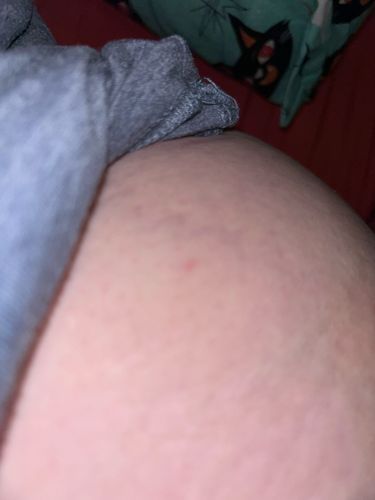Bed Bug
Scientific Name: Cimex lectularius
Order & Family: Hemiptera, Cimicidae
Size: Adults are typically 4-5 mm (0.16-0.20 inches) long, similar to an apple seed.

Natural Habitat
Commonly found in human dwellings, particularly in mattresses, bed frames, furniture, and cracks in walls. They prefer dark, secluded areas close to their hosts.
Diet & Feeding
Exclusively blood feeders, primarily feeding on human blood, but will also feed on other warm-blooded animals if humans are not available. They are nocturnal, feeding while their hosts are asleep.
Behavior Patterns
Nocturnal, hiding during the day and emerging to feed at night. They are highly adept at hiding in small crevices. Females lay 1-5 eggs per day, totaling hundreds in a lifetime. They undergo incomplete metamorphosis, passing through five nymphal stages before reaching adulthood, requiring a blood meal at each stage.
Risks & Benefits
Potential risks include itchy bites, which can lead to secondary skin infections from scratching. Some individuals may experience allergic reactions. While they are not known to transmit diseases, their bites can cause significant discomfort and psychological distress. There are no known benefits to humans or the ecosystem.
Identified on: 9/5/2025